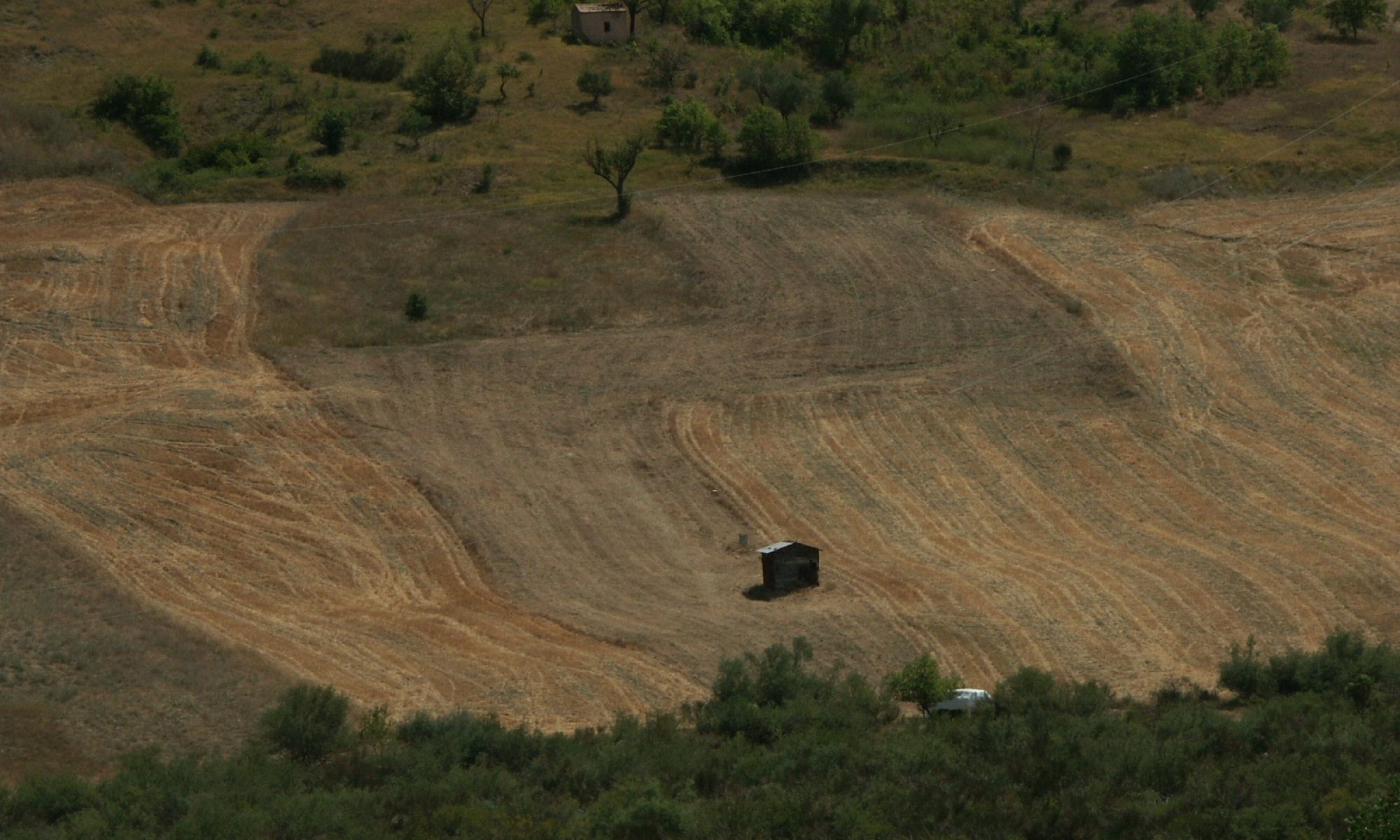Giuseppe Mattia
University of Florence (Italy)
Divine and Diabolical Lucania Between the Fifties and Sixties
From De Martino to Di Gianni and Rondi
The aim of this work is to investigate the human/non-human relationship in the cinematographic field, with particular reference to the historical-social and cultural contexts of Basilicata region. We will then try our hand at the critical analysis of some filmic representations that will have as their object the relationship between the rural world and superstition, between magic and ritual, using the ethno-anthropological research carried out by Ernesto De Martino from 1949 to 1959, as well as the study of the film Il demonio by Brunello Rondi (1963) and the ethnographic documentaries by Luigi Di Gianni. The research aims to rediscover an archaic and mythical place far from the “official” places: in houses, alleys, fields, on bodies, faces and attitudes of the population. The expected results aim to offer a contribution on the ways of cinematographic representation, between the fifties and sixties, of a traditional and at the same time occult Basilicata, where Christianity and paganism, divine and diabolical, often coexist. The approaches to be adopted range from the historical-cultural and anthropological one to the one more closely linked to the analysis of the filmic text.
Giuseppe Mattia obtained a bachelor’s degree in Literary, Linguistic and Philosophical-Historical Studies at the University of Basilicata, and a master’s degree in Performing Arts and Multimedia Production at the University of Salerno. He was selector of films in competition and juror at several film festivals throughout Italy, including the Venice International Film Festival. In 2019, he obtained a 2nd level master’s degree in Theory and Techniques of Cinema. Since 2019, he has been a PhD student in History of Art and Performing Arts at the University of Florence.
